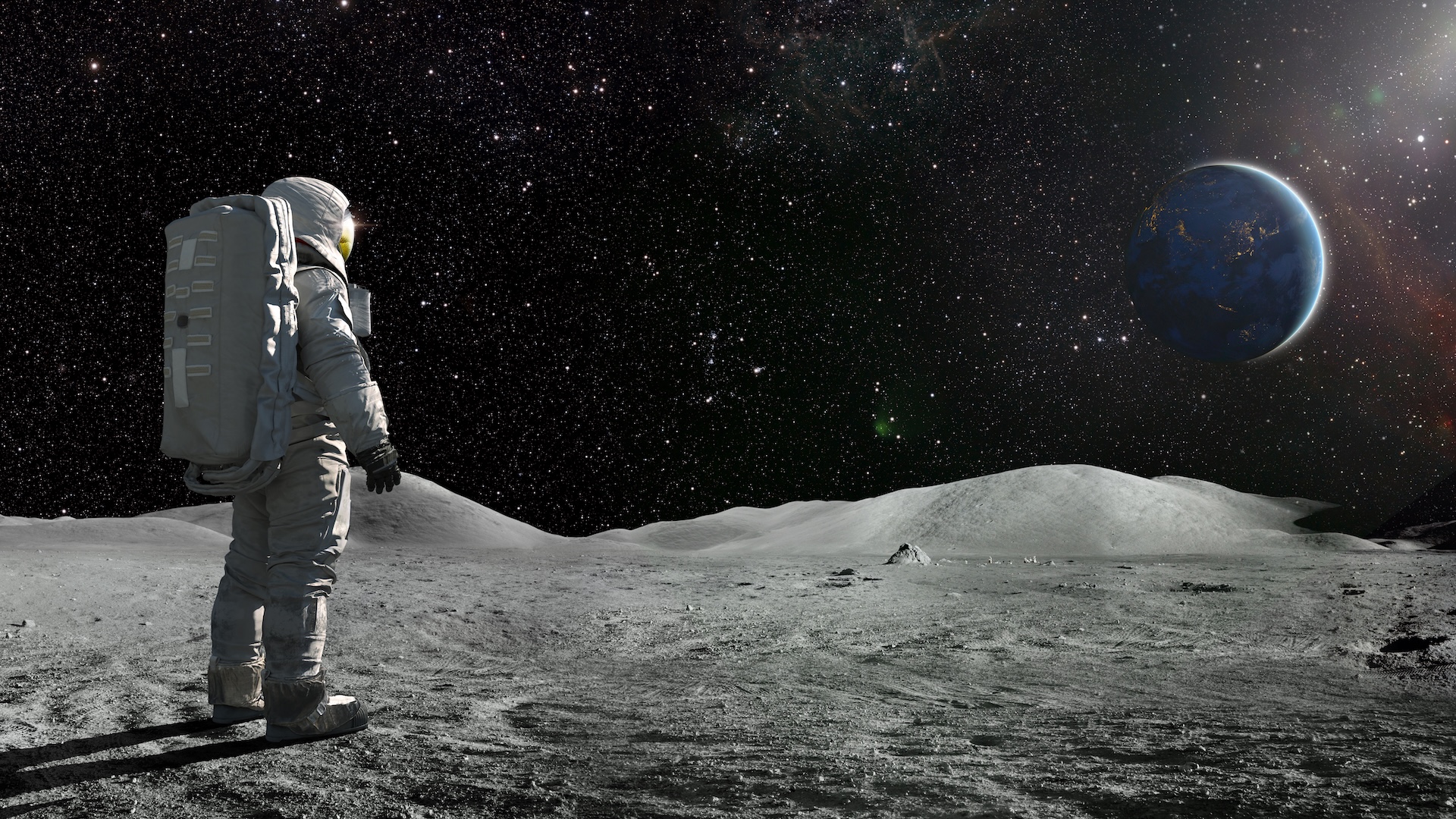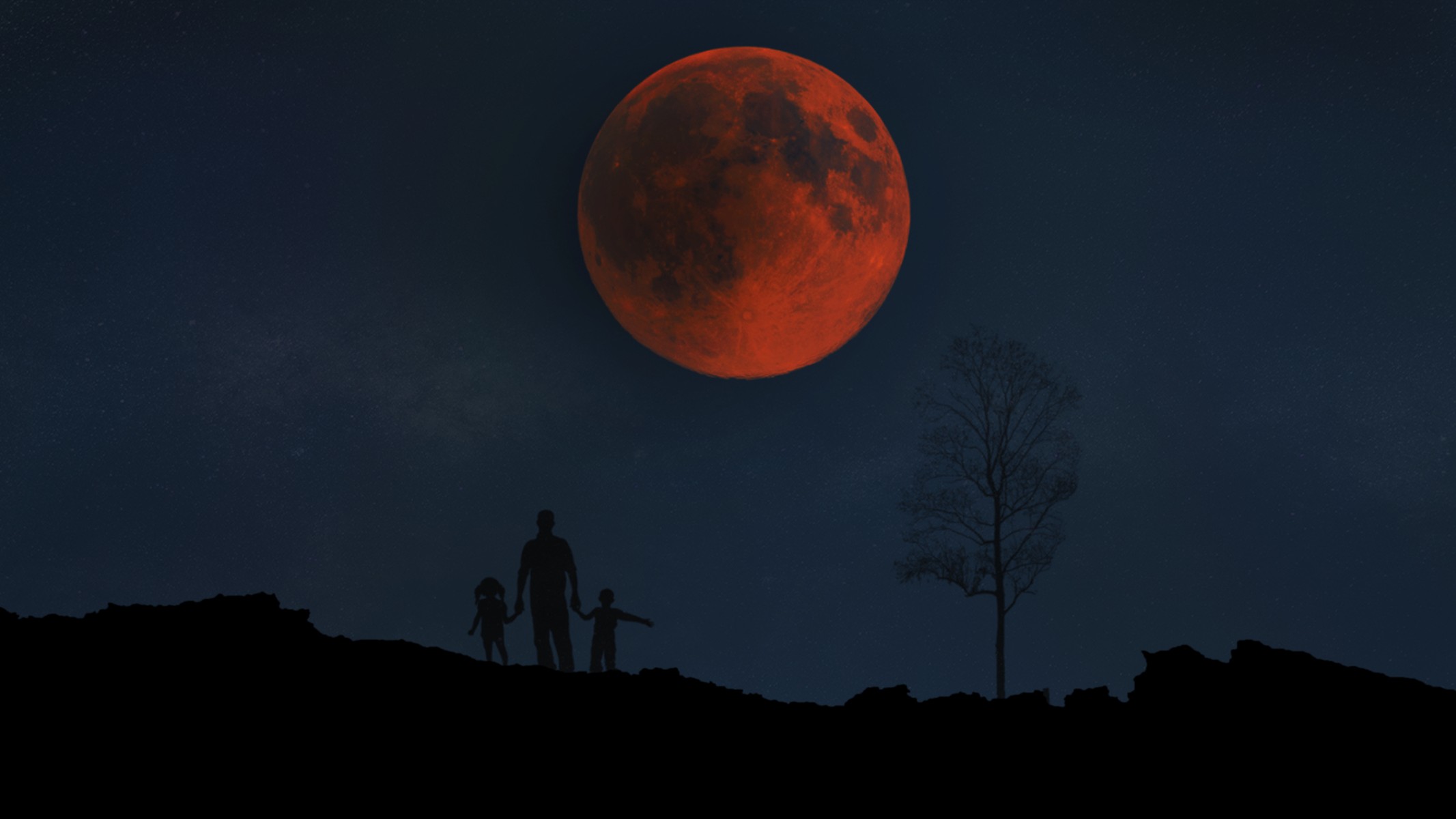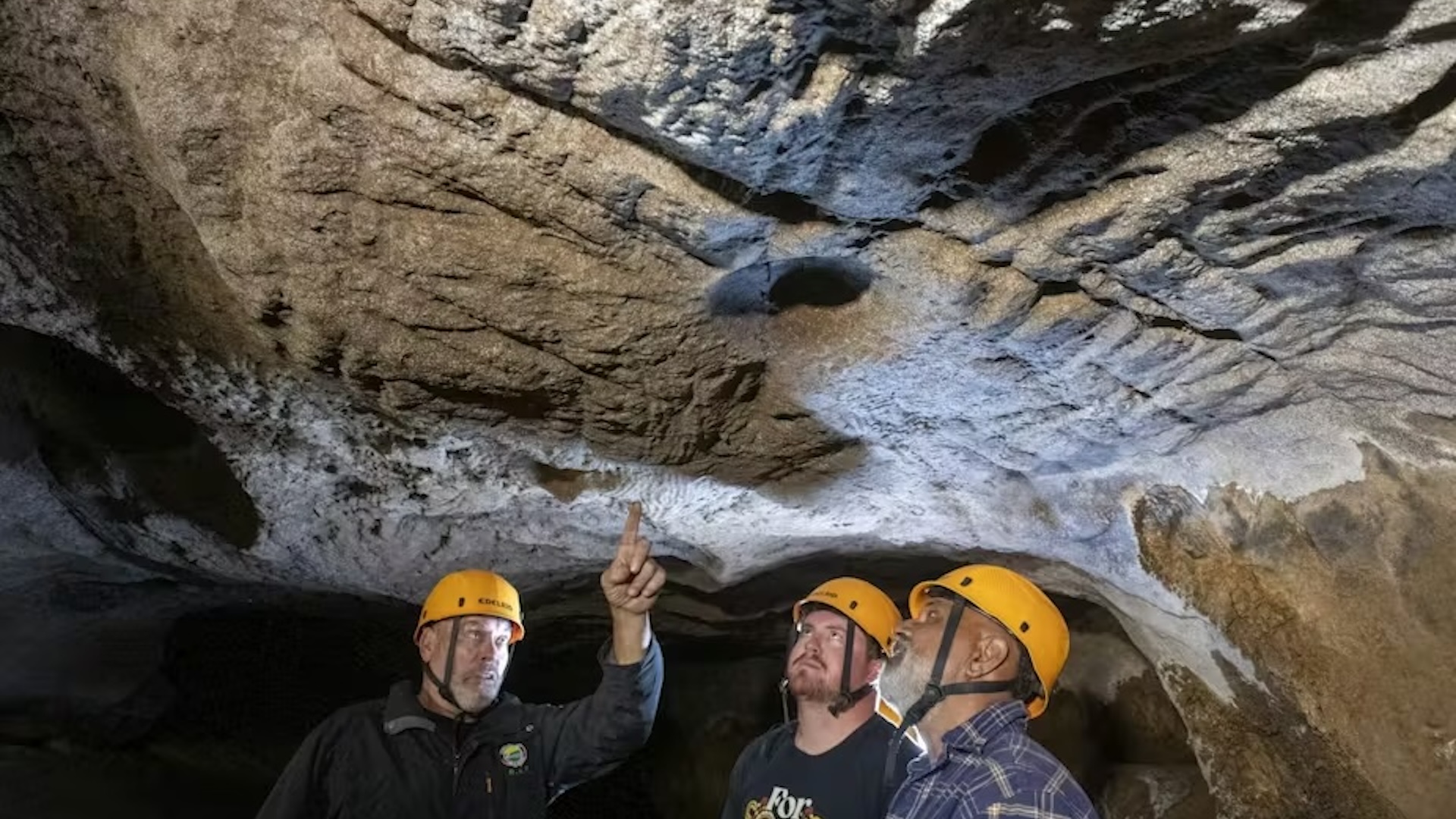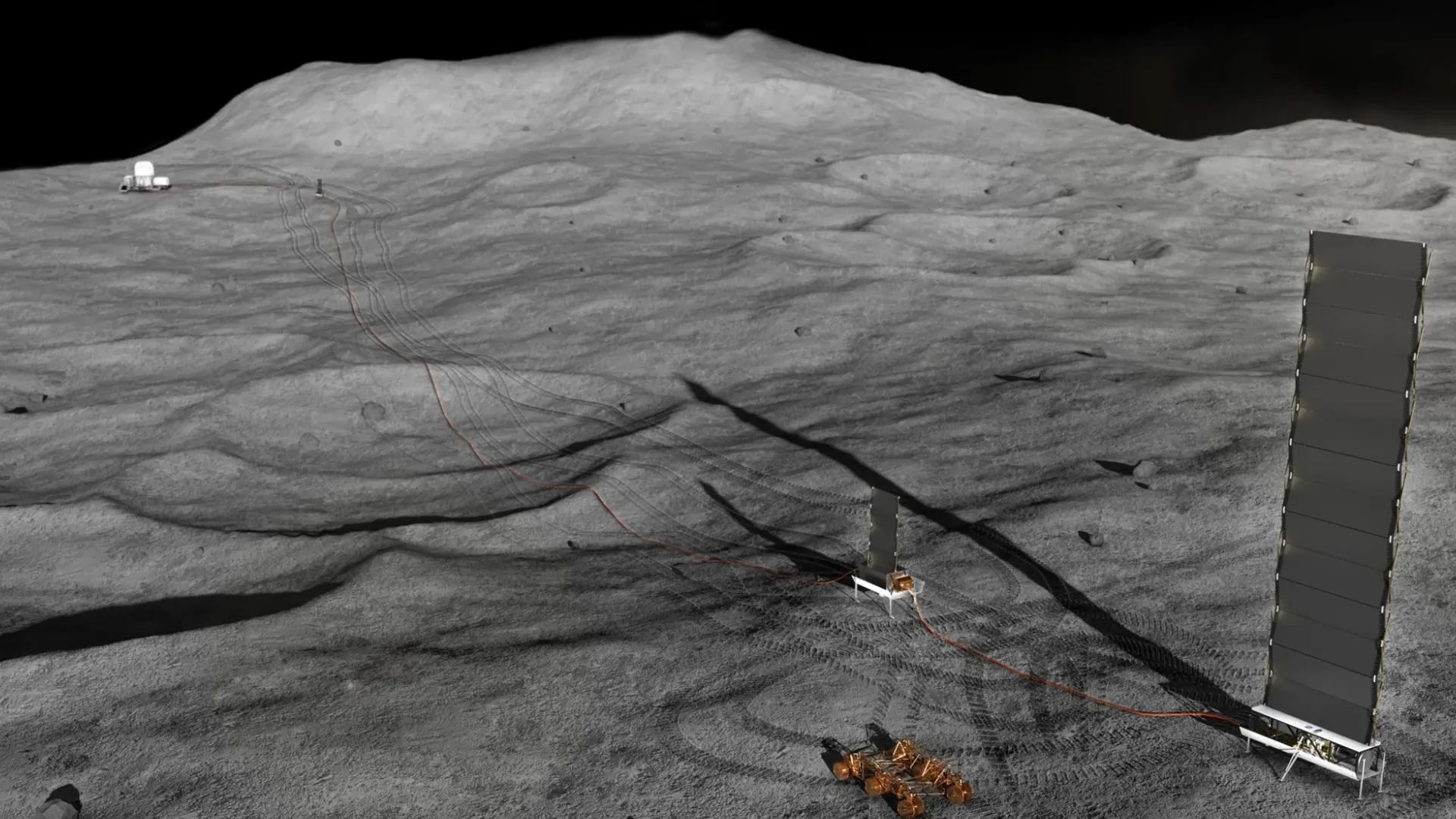Our universe is filled with floating nebulae, spinning planets and black holes. But if we closed our eyes and listened, what would these celestial objects sound like? Would we hear a faint whoosh? Or a low hum?
In actuality, if you went to outer space, you probably won’t hear very much at all. “There is that popular saying that ‘no one can hear you scream in space’ for a reason,” Kimberly Arcand, a visualization scientist for NASA’s Chandra X-ray Observatory, told Live Science. “The nature of space is sort of silent.”
At least, space seems silent because of the way that humans understand and process sound. “Sound is a compression wave,” Chris Impey, a professor of astronomy at the University of Arizona, told Live Science. This means that when sound travels through the air, it’s actually energy propagating through a medium, where gas molecules move and knock against each other. These vibrations get detected by our ears, and our brains then translate them into sound.
“If you don’t have a gas, if you don’t have a medium, you have to have no sound because there’s nothing there,” Impey explained. “Things aren’t bouncing into each other, and there’s no way to carry the energy.”
Space is largely a vacuum, meaning it has very few molecules. For instance, in the space between galaxies, there is on average less than one atom per cubic meter, making the air in space a billionth of a billionth times less dense than the air we breathe, Impey noted. This means that even if there were noises in other galaxies outside of the Milky Way, we wouldn’t hear them because the sound can’t travel through the vacuum to reach our galaxy.
But that doesn’t mean space is completely devoid of noise. There are places, like the atmospheres of other planets or near the event horizons of black holes, where there are enough molecules to transmit vibrations. Because the densities of these mediums are so different from Earth’s atmosphere, however, these sounds are undetectable to the human ear.
For example, researchers have found that supermassive black holes in the Perseus cluster burp out gas. This creates pressure waves — like sound waves, Arcand explained. By taking images of the gas molecules rippling into space, researchers calculated the amount of pressure transmitted in these burps to figure out what they would sound like.
Their analysis, published in 2003 in the Monthly Notices of the Royal Astronomical Society, places the tone at a low B flat. “It’s like 57 octaves below middle C,” Arcand said. “So it’s really low, many octaves lower than humans could ever hope to hear.”
Astronomers have also recorded sounds on Mars, since some Mars rovers are equipped with acoustic detectors. These instruments can capture the sound of wind on the Red Planet. But because the Martian atmosphere is so thin, the frequency of the sound is also very low and outside our hearing range, Impey said.
Sonification of space
Some scientists have recently started translating some of these faint sounds into rumblings that we can hear. This practice, whereby researchers imagine what space could sound like by transforming these data, is called sonification. Many scientists who work in sonification have a background in music, Arcand said, and use their knowledge to reimagine astronomy data into something people can experience, while also staying true to the data’s context.
“Working on the Perseus cluster, we were really trying to stay true to the science of that B flat, and that idea of this super massive black hole burping out into all of this hot gas,” Arcand said. As a result, she and her colleagues ended up with a supermassive black hole that sounds like a growling and burping entity.
Sonifying NASA’s data has brought a whole new audience to space science, Arcand said, since space is often something that seems far away and abstract, while sound connects people to space because it’s linked with emotions and memory.
This has been especially helpful for people who are blind or visually impaired, who are now learning new things about space through sonified data, according to a 2024 study published in the journal Frontiers of Communication.
And yet there are still many sounds to be found in space. Impey noted that Venus has a very dense atmosphere, and so its winds could sound very different from those on Earth or Mars — although landing an instrument on the scorching planet would be very difficult. NASA is also continually releasing more sonifications, reimagining its X-ray datasets from faraway galaxies as hums, grumbles and pops (which you can listen to here.)
“There’s a quiet symphony that’s happening in the universe,” Arcand said. “So why not try to decode that so we can translate it and listen to it ourselves?”














